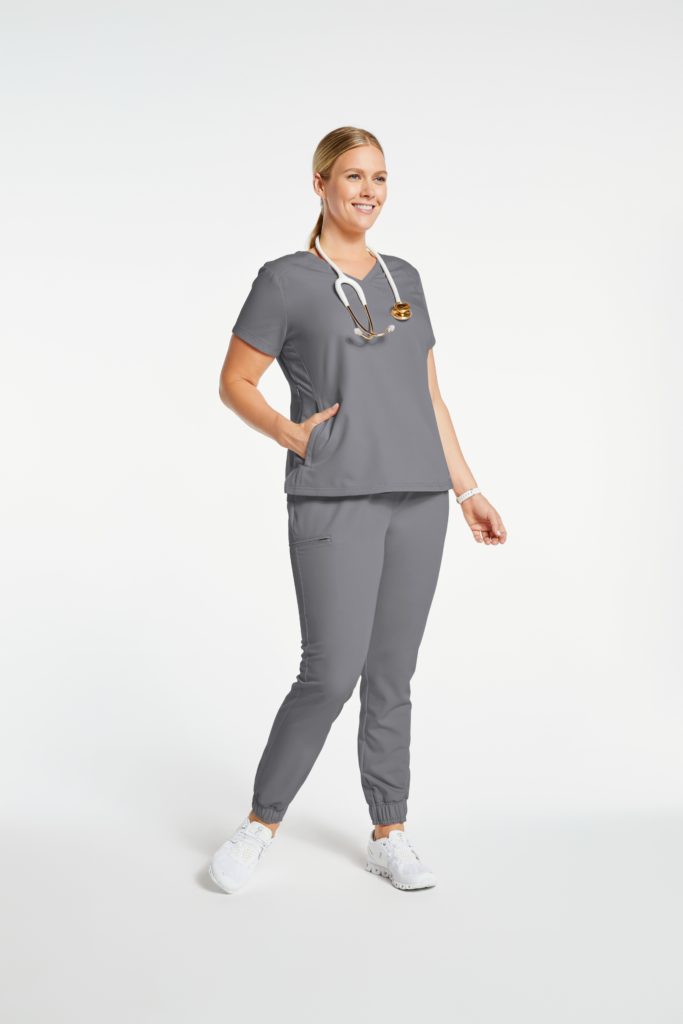Becoming a nurse is a huge accomplishment. It entails successfully completing a college-level nursing program and passing the NCLEX-RN. If you’ve done so already (or are on track to do so), you’re obviously ambitious.
Being the go-getter you are, you’ll likely be looking for a way to further your career and seek advancement in nursing. Perhaps, through your clinical work, you’ve found an area of medicine you wish to specialize in, and you know it’s time to get certified in a particular nursing field. Maybe the hospital is no longer the right fit for you, and you’ve been looking into jobs for nurses from home. Or perhaps you’re ready to take on a role that allows you to grow your leadership skills.
Whatever the case, when you know it’s time for a change that leads you to further your nursing education, we’re all for trusting your instincts and following your heart.
How can a nurse advance in their career?
Earn a certification
There are almost 200 different common certifications you can earn in everything from adult-gerontology to public health nursing. Be sure to check the prerequisites for any certifications you wish to get to ensure that your education and clinical hours meet the mark.

Get an advanced nursing degree
If you have an Associate Degree in Nursing (ADN), consider getting a Bachelor of Science in Nursing (BSN) to have a more substantial foundation for specializations in the future. If you already have a BSN, continue moving up the educational ladder with a Master of Science in Nursing (MSN) or a Doctor of Nursing Practice (DNP).
Consider other specialization areas
Many specialization areas have similar prerequisites, which means you can possibly use the degree you already have when specializing in a new field. Making a lateral move can expand your knowledge and keep you excited about your nursing career.
Why should you consider career advancement?
The opportunity to explore new jobs
Change can be a good thing—and an even better one when you can use the skills and credentials you already have to advance your career. You can take what you’ve learned in the field and your studies as a nurse and add to them, guiding your career to exactly what you want it to be.
Better income
Registered nurse jobs generally pay well, but there’s nothing wrong with wanting a bump to your annual salary. Perhaps you have a specific financial goal, and a higher-paying job will help get you there faster. Specialized and advanced nursing roles pay higher wages thanks to the nuanced skills and increased levels of responsibility that these opportunities require.
Better work-life balance
Hospital work means long and often irregular shifts—not to mention a higher potential for stress, burnout, and emotional fatigue. So, stepping out of this environment and into one with more regular hours and time for rest can improve your wellbeing.

What are some advancement opportunities for nursing professionals?
A comprehensive list of all the advancement opportunities for nurses could easily fill a book, so we’ve selected a few career paths for healthcare professionals that may be able to point you in the right direction.
Medical-surgical nurse
Sometimes, finding the right career path is about getting closer to the parts of medicine that interest you most. If that happens to be surgery, one way of bypassing the four years of med school and seven years of residency it could take to become a surgeon is to become a surgical nurse instead. This requires getting certified as a medical-surgical registered nurse (CMSRN) and completing at least two years of nursing and 2,000 clinical hours.
Genetics nurse
If a love for genetics is in your DNA, specializing in this field will allow you to work directly with patients with conditions like cancer, diabetes, Alzheimers, and heart disease. This role includes high-responsibility tasks like risk assessment and analysis, so you’ll need your MSN and Genetic Clinical Nurse Certification.
Cardiovascular nurse
A cardiovascular nurse will provide direct care and monitor heart conditions while working with a cardiologist and a cardiac team. To transition to this role from general nursing, you’ll need experience in cardiology and cardiac nursing certification.
Clinical nurse specialist
If you like patient care and have an interest in the inner workings of healthcare systems, you might become a clinical nurse specialist (CNS). This type of advanced practice nurse holds at least a master’s degree, if not a doctorate, as they undertake tasks like analyzing systemic issues, reducing hospital costs and improving procedures that affect patient care.

Nurse anesthetist
If you’re independent (or even an introvert), a career in anesthesiology could be right for you. You’ll perform a vital role that doesn’t involve much patient interaction. You’ll be part of a surgical team, but you may be able to work autonomously in certain states. This is also a lucrative role, so if you’re looking for a salary boost, becoming a CRNA is an excellent option. You’ll first have to earn your doctorate and get certified by the National Board of Certification and Recertification for Nurse Anesthetists (NBCRNA).
Nurse researcher
If you need a change of scenery, consider moving from the hospital to the lab. Your work as a nurse researcher will contribute to widespread advancements in the healthcare industry and, in turn, to patient outcomes, even though you would be stepping away from a clinical setting. You’ll need a master’s degree or doctorate to perform this role, not to mention plenty of experience in clinical practice. You’ll also need to earn your Nurse Researcher Certification.
Nurse practitioner
If you want to do a bit of doctor’s work without actually becoming a doctor, you can pursue an advanced practice registered nurse (APRN) role as a nurse practitioner (NP). You’ll be able to perform high-level tasks like giving diagnoses, interpreting labs, and prescribing medication. The minimum educational requirement for this role is a master’s degree, if not a doctorate, and you’ll also need to pass the NP exam.
Wherever your career takes you, we’re happy to go along for the ride. You’ll always need good scrubs no matter where you work in the healthcare field, and you’ll need moral support, too. We’ve got you covered on both.

